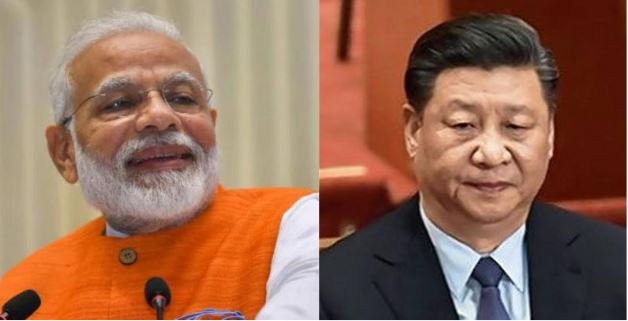China, an autocratic country that has banned social media giants- Google, Facebook and Twitter, now feels violated as New Delhi has banned 59 Chinese apps that were inimical to India’s security interests. China’s level of hypocrisy here is shocking even by its diabolical standards. Beijing has given New Delhi the WTO threat.
Ji Rong, a Chinese wolf-warrior and spokesperson at the country’s Embassy in New Delhi said, “India’s measure selectively and discriminatorily aims at certain Chinese apps on ambiguous and far-fetched grounds, runs against fair and transparent procedure requirements, abuses national security exceptions and (is suspected of) violating WTO rules.”
Rong did not stop here, and also said the ban would affect jobs in India, and asked New Delhi to treat all investments equally. He further urged India to build an open, fair and just business atmosphere.
Yes, you read it right- a Chinese national and that too a diplomat is talking about equality, openness and fairness. These are values which China has since long deserted in its internal affairs and international engagement. Now, that India’s move to ban unsafe Chinese apps is hurting the Chinese economy, its unparliamentary diplomats are speaking about openness.
Anyway, China’s amusing threats have met with ridicule and derision in India for understandable reasons. According to HT, officials in know of the matter said that Chinese propaganda on the Chinese apps ban is “selective and discriminatory” and completely misplaced.
Indian officials have called China’s lies. Recently, Chinese spokesperson Gao Feng said, “To date, China has not adopted any restrictive or discriminatory measures targeting India’s products and services.”
But two Indian government officials working in different Ministries have exposed a broad range of China’s unfair and unconscionable practices. They say India has shown caution thus far though Beijing regularly indulges in restrictive trade and investment practices.
The Communist regime of China imposes internet censorship through the ‘Great Firewall’, restrictions on long-term visa and also non-tariff investment barriers.
Officials and legal experts have brushed aside China’s dubious threats to drag India to the WTO. India had banned the apps citing that they are “prejudicial to sovereignty of India, defence of India, security of state and public order”.
HT quotes a government officer, who functions as the legal advisor on strategic matters as saying, “Beijing has no basis to challenge New Delhi’s June 29 decision. Is there any agreement on this matter with China? No, not to my knowledge. India can defend [it] easily under the clause of national security interest and sovereignty of the country.”
Exposing China’s untenable position, he added, “Therefore, the official Chinese reaction on June 30 was subdued and did not mention any bilateral or multilateral [WTO] agreement.”
China, therefore, backed out after making the WTO threat. They did not really see India taking such an extreme step, but once New Delhi actually went ahead with it, Beijing’s officials went helter-skelter. The country doesn’t really have a plan to take on India after the strong reaction by India to China’s border aggression.
TS Vishwanath, Principal Advisor at law firm APJ-SLG Law offices echoes the same sentiment. He said, “This decision is taken based on national security concerns, therefore, India is very much within its right in the WTO agreement to take any action to protect its national security interest.”
If China moves the WTO, India will come out with flying colours and the move to ban Chinese apps will sail past any legal challenge by virtue of Article XXI (b) (iii) of the General Agreement on Tariffs and Trade (GATT). This exempts a country’s decisions “in time of war or other emergency in international relations.”
Sarvjeet Singh, Director at the Centre for Communication Governance at National Law University, Delhi said, “However, even assuming that India is in violation of the GATT agreement, it still has a strong enough case by virtue of the WTO rule exemptions based on security-grounds. If China were to approach WTO, India can easily invoke the security exemptions clause under GATT which allows it to take certain decisions in time of war or other emergency in international relations [Article XXI, b(iii)].”
China must hold its horses because taking this matter to the WTO will do more harm than good to the Communist country. It will open a Pandora’s box which will end up giving Beijing a bloody nose.
India has a lot of ammunition to hit back at China. According to an official, Beijing is indulging in illegal and unfair practices. It is routing its goods through third countries which have preferential trade agreements with India. China is bypassing higher duties, but India has taken note of its economic misadventures.
It is therefore in Beijing’s better interest to remain quiet and take the embarrassment lying down.





























